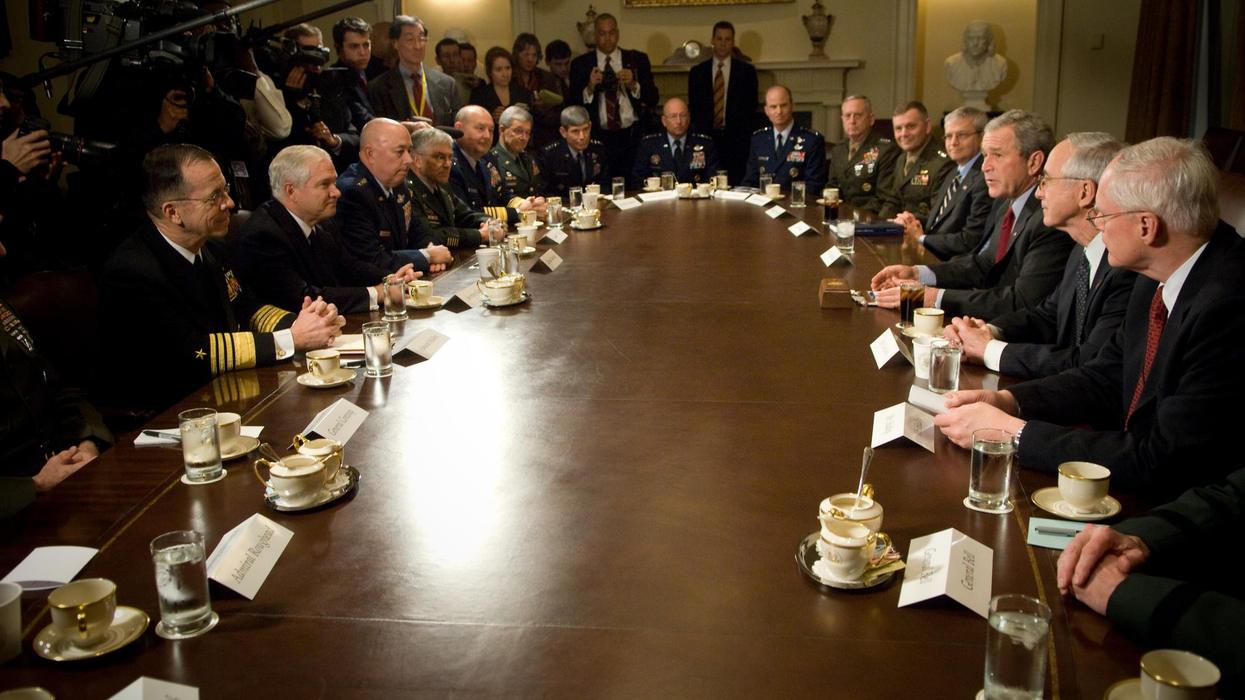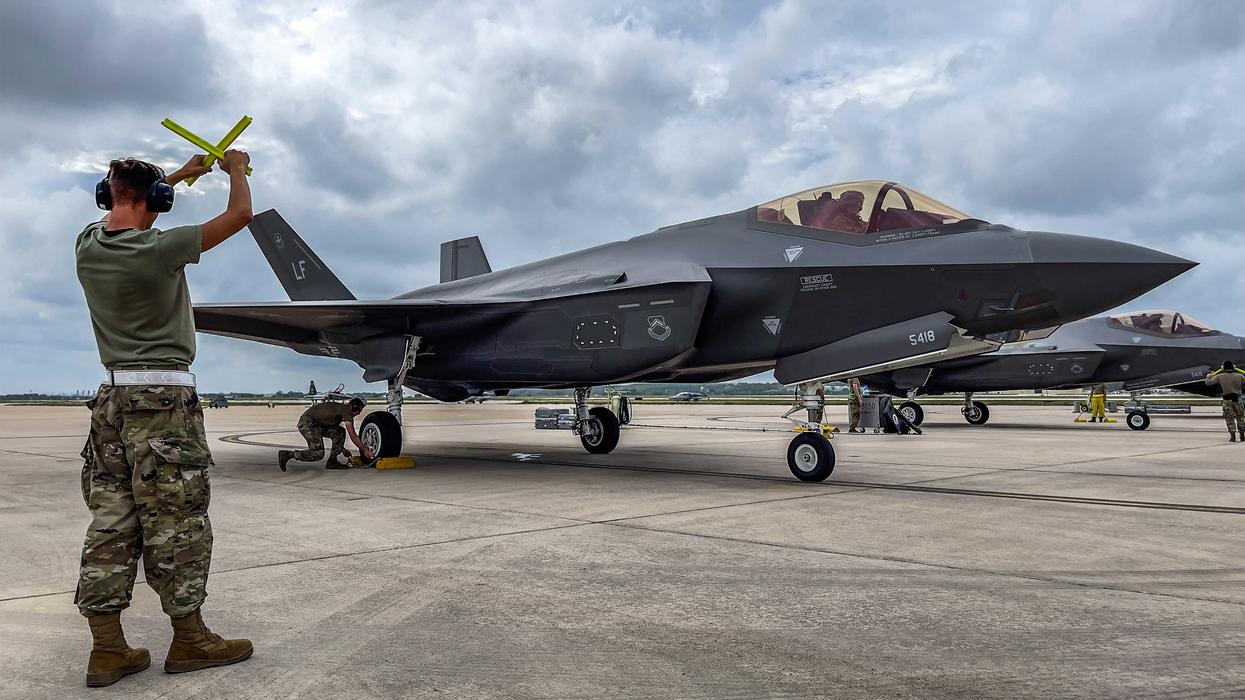Until 2010, Boeing charged an average of $300 for a trash container used in the E-3 Sentry, a surveillance and radar plane based on the 707 civilian airliner. When the 707 fell out of use in the United States, the trash can was no longer a “commercial” item, meaning that Boeing was not obligated to keep its price at previous levels, according to a weapons industry source who spoke to RS.
In 2020, the Pentagon paid Boeing over $200,000 for four of the trash cans, translating to roughly $51,606 per unit. In a 2021 contract, the company charged $36,640 each for 11 trash containers, resulting in a total cost of more than $400,000. The apparent overcharge cost taxpayers an extra $600,000 between the two contracts.
Pentagon Price Gouging youtu.be
















